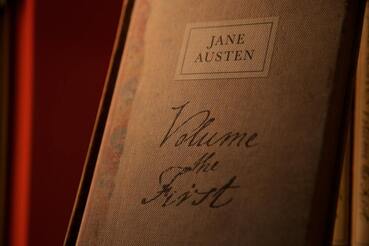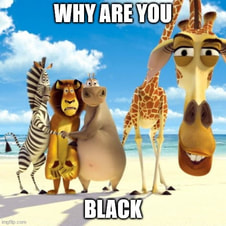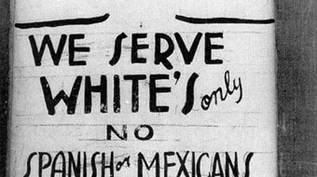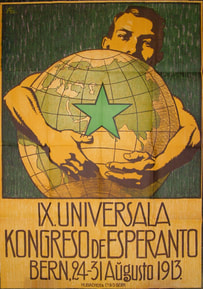 Photo by Paolo Chiabrando on Unsplash Photo by Paolo Chiabrando on Unsplash by Nyds L. Rivera My first introduction to Jane Austen was when I was twelve years old, on the brink of coming out to my family, caught in the throes of questioning my sexuality. Pride and Prejudice was the first romance novel I ever read where I actually found some level of identity in it. Now, nearly a decade later, and still as enamored with Austen’s work as I was in middle school, I’ve discovered that this is far from a unique experience. Much of my close circle of friends is comprised of queer people, and most, if not all, of them are also fellow Austenites (Janeites? I’ve heard both). So why is this?
0 Comments
by Marissa Stanko  Photo by C D-X via Unsplash Photo by C D-X via Unsplash Trying to find your identity as a writer is nerve-wracking. There’s pressure on all sides to do certain things or be a certain way or write at certain times and so on and so on. It took me a long time to feel like I was a writer, and even now I struggle with feeling like I don’t write “the right way.” One of the things I always felt forced to justify as a writer, even to myself, is that I like to listen to music while I write, and it isn’t instrumental. Studies, blog posts, and articles galore tell me that I shouldn’t listen to music while I write, or that if I do, it should be classical, instrumental, or a playlist designed to fit the piece I’m working on. Lyrics distract from writing, they say. Music puts your focus somewhere else. And I know for many people, that must be true. by Aleksandr Chebotarev
by Dominick Marconi  There was this popular meme that recirculated in 2020 which featured a still frame from the Dreamworks animated film Madagascar. It showed the four main characters, Alex the Lion, Gloria the Hippo, Marty the Zebra, and Melman the Giraffe with puzzled expressions on their faces and overlaid text that read, simply: “Why are you black?” Everytime I see it I laugh. Everytime I think about it I laugh. I cannot speak as to why anybody else might find it funny, but to me, the comedy not only stems from the absurdity of the question's nature, but in its truth.  Photo: 12news Photo: 12news I’ve taught freshman composition courses for almost two years now, expecting my diverse body of students from multicultural backgrounds to all coalesce and perform to one standard above all others: White Vernacular English (WVE) or White American Vernacular English (WAVE). As writers, we pride ourselves on being open-minded yet authentic, and we hope our students do the same—as long as they adhere to what we consider valid style of writing. Why have the rigid, outdated principles the foundation of college composition was built on not shifted to accept other vernaculars? |
Archives
July 2024
Categories
All
|
|
Glassworks is a publication of Rowan University's Master of Arts in Writing 260 Victoria Street • Glassboro, New Jersey 08028 [email protected] |
All Content on this Site (c) 2024 Glassworks
|


 RSS Feed
RSS Feed
